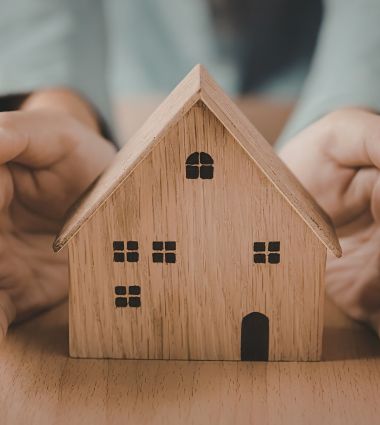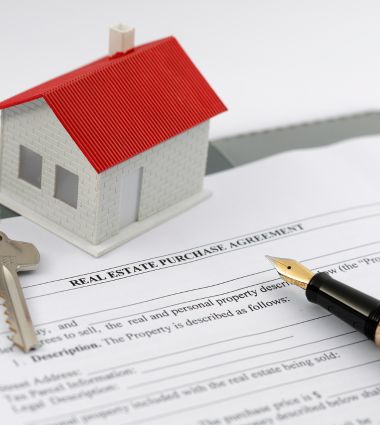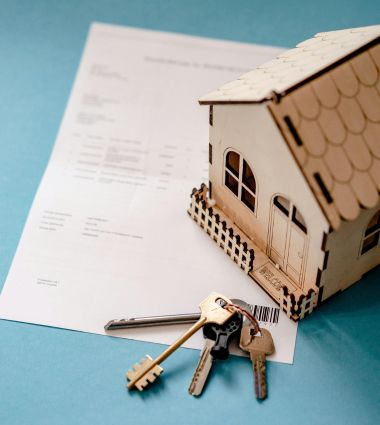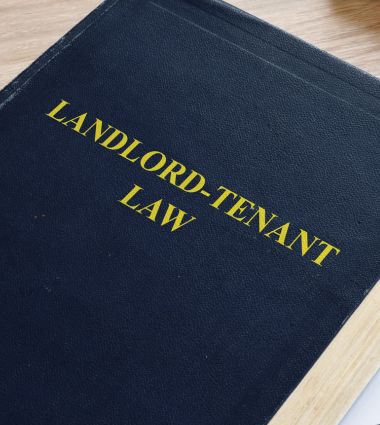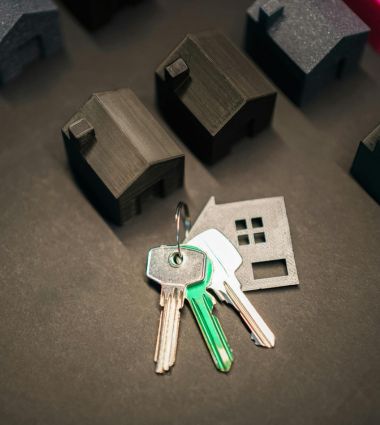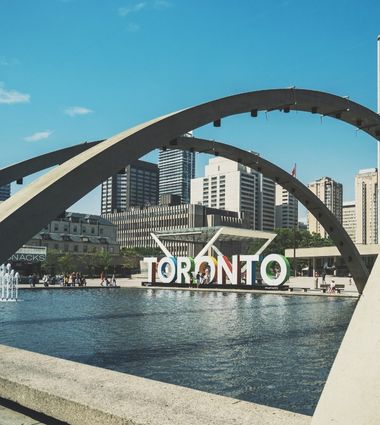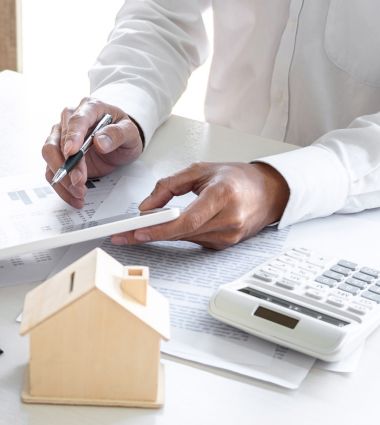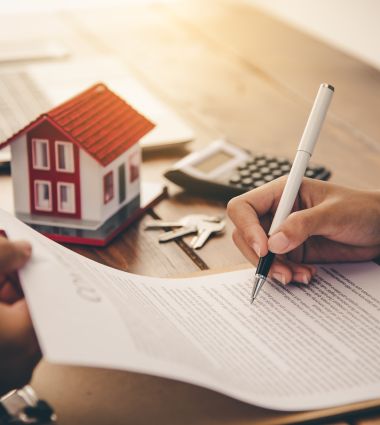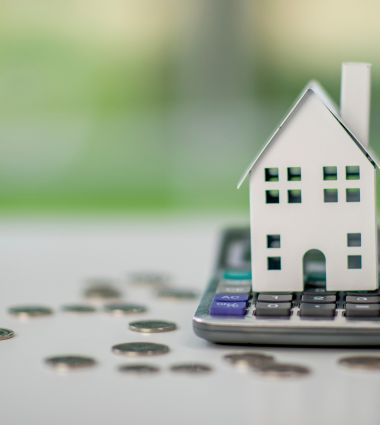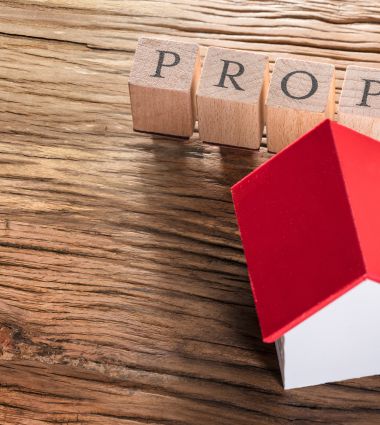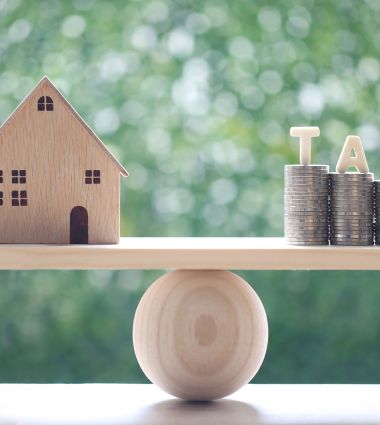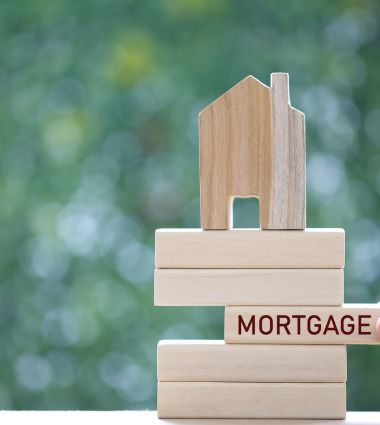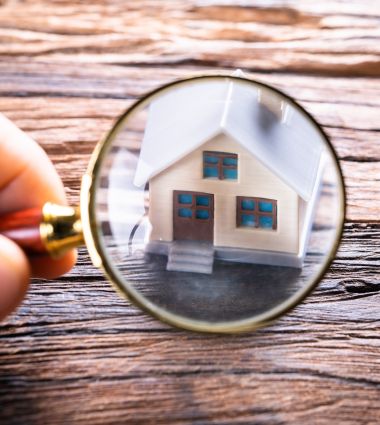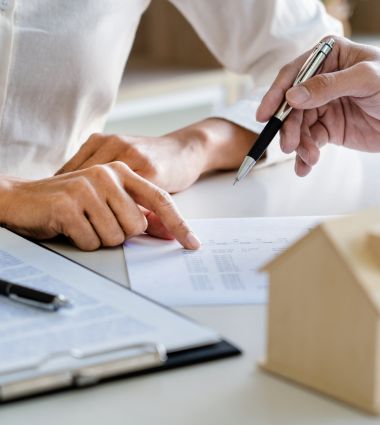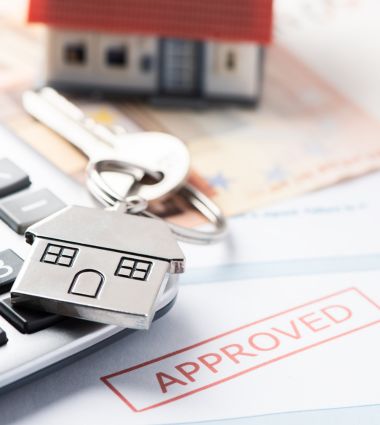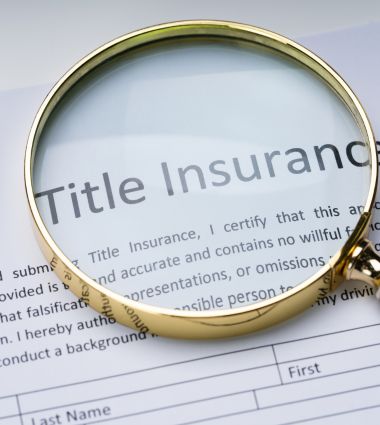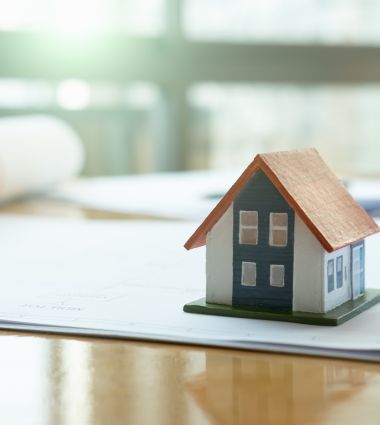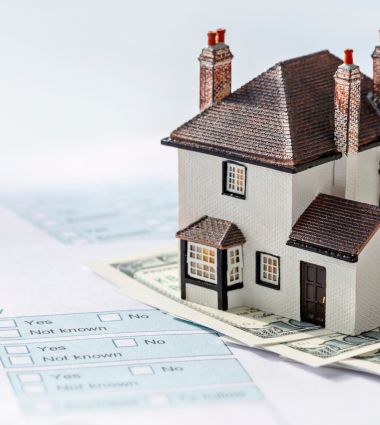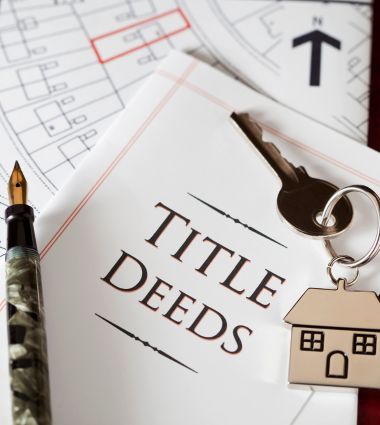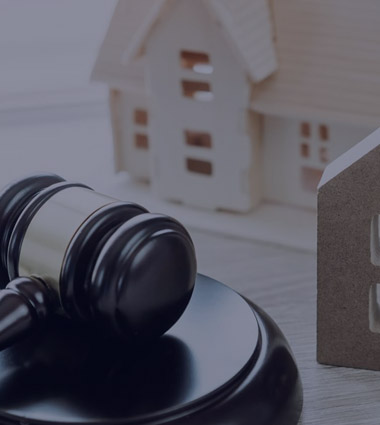Things to Consider Before Buying a Pre-Construction Home
So you're thinking about buying a pre-construction home in Canada?
It's an exciting possibility, but hold your horses!
Before you dive in, there are some important things to consider. Purchasing a home that doesn't exist yet comes with a unique set of challenges and risks. You'll need to go through contracts, timelines, and potential delays. Also, you're putting your trust (and money) in a builder's hands.
But don't worry - we've got you covered. In this article, we'll walk you through the key factors to weigh before signing on that dotted line. Ready to become a smart pre-construction home buyer?
Let's get started!
Understanding Pre-Construction Home and Pre-Construction Market
When you're considering buying a pre-construction home, it's important to know what exactly this entails and how the pre-construction market operates. Let's dive into the basics to help you understand this unique real estate landscape.
What is a Pre-Construction Home?
A pre-construction home is a property that hasn't been built yet. When you buy one, you're basically buying the promise of a future home based on floor plans, renderings, and specifications provided by the builder.
This type of purchase requires a huge leap of faith, as you're investing in something that doesn't physically exist at the time of sale.
The Pre-Construction Market Landscape
The pre-construction market in Canada is dynamic and often influenced by various factors. These can include economic conditions, population growth, and local development plans.
It's a sector where demand can fluctuate rapidly, and prices may change based on market trends and builder strategies.
Understanding this market involves researching current projects, examining historical data, and staying informed about upcoming developments in your desired area.
It's also worth mentioning that pre-construction homes often come with different financing options and deposit structures compared to resale properties.
Knowing these factors can help you determine whether pre-construction homes are right for you based on your lifestyle and financial goals.
Pros and Cons of Buying Pre-Construction
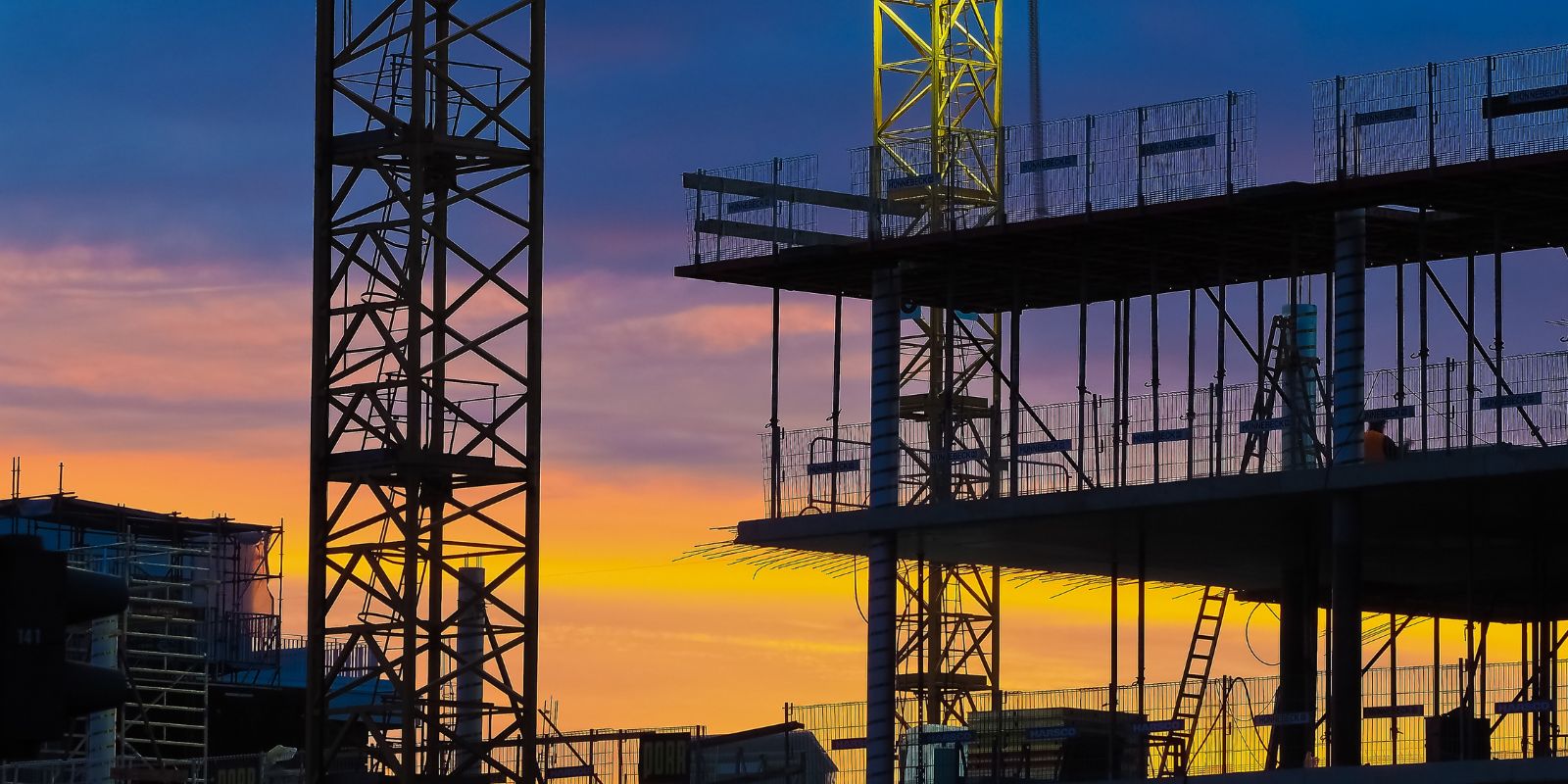
Buying a pre-construction home has its advantages and disadvantages. It's important to understand both to make the best decision for your needs.
Financial Advantages
When thinking about buying a pre-construction home, one of the biggest draws is often the price tag. Builders frequently offer discounts and incentives to early buyers, resulting in a lower purchase price compared to resale properties.
Considering that everything in the building is brand new, you're also likely to be able to get a reduced maintenance fee in the first couple of years as well.
Customization and Modern Amenities
Pre-construction homes offer a blank canvas for your personal touch. You'll have the opportunity to choose finishes, layouts, and upgrades that suit your taste and lifestyle.
New builds normally come equipped with the latest in home technology and energy-efficient features, which can lead to long-term savings on utility bills.
Potential for Appreciation
Buying pre-construction means you're investing in the future. As the neighborhood develops and matures, your property value may increase significantly.
This long-term investment potential can be particularly appealing if you're planning to stay in the home for several years.
Extended Move-in Timeline
The extended timeline before move-in can be both a pro and a con. On the positive side, it gives you more time to save money and plan your move. But, it also means dealing with possible construction delays and living in uncertainty about your exact move-in date.
While these advantages are attractive, it's crucial to weigh them against potential risks and challenges associated with pre-construction purchases.
Important Factors to Consider Before Buying a Pre-Construction Home
When you're eyeing a pre-construction home, there's more to think about than just the shiny new fixtures and fresh paint.
You'll want to keep in mind some important factors before signing any documents.
Financial Considerations
First and foremost, make sure you get your mortgage pre-approval sorted out. This step is important because it provides a clear understanding of your budget and improves your attractiveness as a buyer to builders.
But, it's important not to overlook the hidden costs associated with buying a home. These expenses can catch you off guard if you're not prepared.
Be sure to budget for additional costs such as property taxes, condo fees, and potential upgrades. These can add up quickly, so planning for them in advance will help you avoid any unwelcome surprises down the road.
Property Details
When considering buying a pre-construction home, it's important to assess how you intend to utilize it carefully. If the property is not going to be your primary residence, you may be responsible for paying Harmonized Sales Tax (HST) on the transaction.
Similarly, it's important to closely examine the deposit structure. In many cases, builders require step-by-step payments for the property. It's necessary to confirm that you have the financial capability to manage these payments and maintain a healthy cash flow throughout the process.
Timelines and Value
When considering purchasing a new home, it's important to keep in mind that while the model home might look spectacular, there could be differences between it and the actual unit you'll be purchasing.
It's important to carefully review the floor plan and finishes to have a clear understanding of what you can expect in your new home.
Besides that, it's also important to be aware of the occupancy periods, as you might be required to pay occupancy fees before officially owning the property. It's not uncommon for construction to experience delays, so it's wise to keep a close eye on the completion date to avoid any surprises.
Lastly, think about future market value. Pre-construction can be a great investment, but it's not guaranteed. Do your homework on the neighborhood and potential for appreciation.
Tips for Protecting Your Investment When Buying Pre-Construction

When you're buying a pre-construction home, it's important to safeguard your investment. Here are some key strategies to help you do just that:
Understand the Assignment Clause
Having an assignment clause in your contract can provide you with a valuable degree of flexibility. It enables you to transfer your rights to another party, allowing you to sell your unit to a new buyer before the construction of the building is finished.
This can be extremely beneficial in unforeseen circumstances, such as a sudden change in your personal or financial situation.
Research the Developer Thoroughly
Before signing the contract, do your homework on the developer. Look into their track record, completed projects, and reputation in the industry. A reputable builder is more likely to deliver a quality home on time.
Review Your Contract Carefully
When handling paperwork related to a real estate transaction, it's necessary to avoid rushing through the process. It's highly recommended to set aside sufficient time to carefully review the entire contract.
It's beneficial to seek the guidance of a specialized real estate lawyer during the review process. Pay close attention to the details regarding completion timelines, potential delays that may arise, and the rights that you, as the buyer, are entitled to.
Your due diligence during this stage can significantly impact the outcome of the transaction.
Know Your Warranty Coverage
Understanding what your new home warranty covers is necessary. In Canada, most provinces have mandatory warranty programs for new homes. Familiarize yourself with the coverage periods and what's included. This knowledge can save you headaches (and money) down the road.
By following these tips, you'll be better equipped to protect your investment and enjoy your new pre-construction home with peace of mind.
Legal Advice/Negotiation - Understanding Legal Details in Pre-Construction
When it comes to buying a pre-construction home, the legal aspects can be quite complex. It's necessary to understand that the purchase agreement you sign with the builder is a binding contract.
This document outlines all the terms and conditions of your purchase and once signed, it's not easily changed.
The Importance of Legal Guidance
Given the complexity of these agreements, it's highly recommended to seek legal guidance from an experienced real estate lawyer. They can help you guide the difficulties of the contract and ensure your interests are protected.
Review Before You Sign
Before you proceed to sign any agreement related to real estate in Ontario, it is crucial to have a qualified Ontario real estate lawyer thoroughly review the document. Their expertise allows them to identify potential issues or unfavorable clauses that may not be immediately apparent to you.
By taking this important step, you can proactively avoid future complications or disputes with the builder, ultimately protecting your best interests in the transaction.
Your Legal Ally in Pre-Construction
Having an experienced real estate lawyer by your side throughout the pre-construction home-buying process is invaluable. They can:
- Explain complex legal jargon in plain language
- Negotiate better terms on your behalf
- Confirm all necessary disclosures are provided
- Advise on potential risks and how to reduce them
Remember, while it may seem like an added expense, the cost of legal advice is a small price to pay for the peace of mind and protection it provides in such a significant investment.
Buying a pre-construction home is an exciting journey, but it's not without its challenges. Always keep in mind, that you're not just purchasing a house—you're investing in your future.
Take your time, do your homework, and don't be afraid to ask questions. From deposit structures to cooling-off periods, every detail matters.
Stay informed, stay cautious, and most importantly, trust your gut. With the right approach, a bit of patience, and the best real estate lawyer by your side you'll be well on your way to finding the perfect new build that ticks all your boxes.
Here's to making your dream home a reality!
Real Estate
Family Law
Wills & Estates
Immigration
Join Our Mailing List.
Sign up with your email to receive our newsletter and stay informed about the latest legal developments and special offers.

